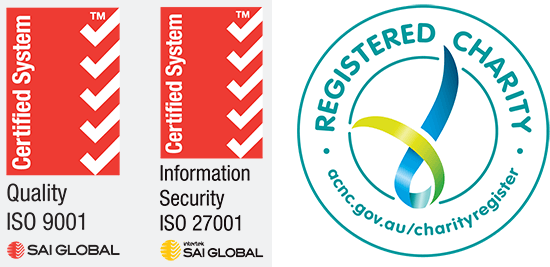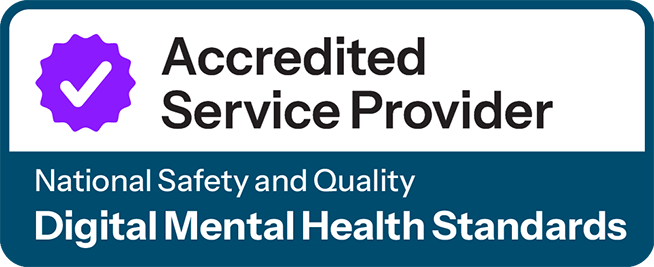Australia’s health system is one of the world’s best, but major reform is needed to maintain this status in the face of rising chronic disease rates and an ageing population.
A new information paper from Melbourne Primary Care Network (MPCN), which operates the North Western Melbourne PHN, highlights health funding, data collection and care integration as key areas where change is needed.
MPCN CEO Adjunct Associate Professor Christopher Carter said Australia’s health system originally evolved to provide episodic care for infections and injuries, while around 85% of the burden of disease now relates to chronic conditions requiring ongoing care.
“The health needs of our community have changed and continue to change; and our health system needs to move with them,” A/Prof Carter said. “Without reform we risk letting our high standards of care fall while health costs climb ever higher.”
Australian Health Care Reform: Challenges, Opportunities and the Role of PHNs points to the gradual introduction of blended payments as one way forward, where practitioners would be paid for mix of services provided and health outcomes achieved.
This could be introduced alongside a patient-centred medical home (PCMH) model of care, where a single provider or group of providers would become the central coordination point for a patient and accept a level of accountability for their health outcomes.
“General practice is the cornerstone of the primary health care system and is ideally placed to provide care through the PCMH model,” A/Prof Carter said. “We’re working with GPs in our region to make sure they are engaged in the process and have the support and information they need to be the primary point of care for their patients.”
This paper is the first in an upcoming series which will discuss major issues in the local health system and provide a base for further stakeholder engagement.
“We’ve already had many positive interactions with key health organisations in our region, and this series of papers is another way we can help frame those discussions to drive real change for our health community,” A/Prof Carter said.





